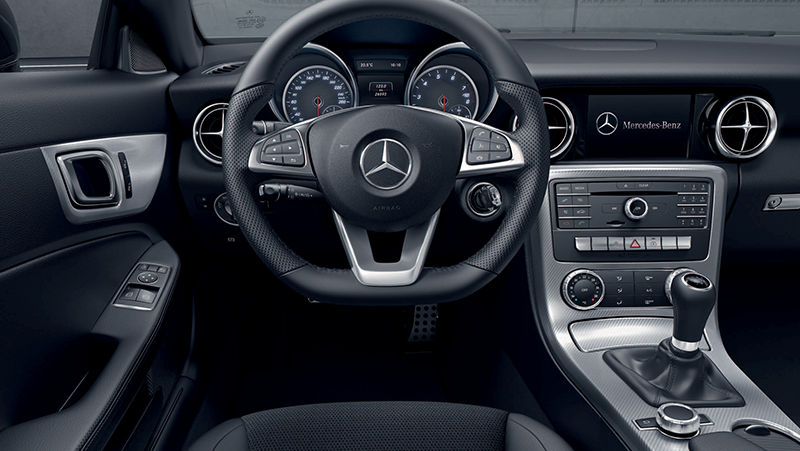We use cookies to make your experience better. To comply with the new e-Privacy directive, we need to ask for your consent to set the cookies. Learn more.


Are these 5 driving habits causing unnecessary damage to your car?
 Riding the clutch can cause damage to the car’s pressure plate, release bearing, and the release arm. This refers to the act of keeping the clutch pedal pressed down, rather than releasing it fully after changing gear or coming to a stop. Doing so causes the surfaces of the clutch mechanism to graze against each other, wearing them down and opening the possibility for sudden failure. Therefore, instead of lingering on the clutch unnecessarily, best practice is to always put your car in neutral and take your foot of the clutch when at a standstill and ensure you have enough space in your foot well to comfortably rest your left foot when it is not in use. When performing a hill start, stay in neutral and use your parking brake until you are ready to pull off.
It may sound like an obvious one… but being in the wrong gear can cause unnecessary strain on your engine. The presumption that you are saving fuel being in a higher gear can sometimes tempt us into delaying the shift down a gear even when we can feel the engine needs it. Being in too low a gear and causing the engine to moan without shifting up has the same negative effect.
When going down a steep hill you may find yourself continuously braking to maintain a steady and safe speed. Braking for a long period of time can heat up the brake system and, if excessive, this can cause brake fade and cause the driver to press harder to achieve the same stopping effort as the brake fluid boils. Braking in this way can also cause unnecessary wear to your brake pads and discs. When driving down a hill, you are advised to use engine braking by engaging lower gears and only then applying your brakes to manage your speed further.
Riding the clutch can cause damage to the car’s pressure plate, release bearing, and the release arm. This refers to the act of keeping the clutch pedal pressed down, rather than releasing it fully after changing gear or coming to a stop. Doing so causes the surfaces of the clutch mechanism to graze against each other, wearing them down and opening the possibility for sudden failure. Therefore, instead of lingering on the clutch unnecessarily, best practice is to always put your car in neutral and take your foot of the clutch when at a standstill and ensure you have enough space in your foot well to comfortably rest your left foot when it is not in use. When performing a hill start, stay in neutral and use your parking brake until you are ready to pull off.
It may sound like an obvious one… but being in the wrong gear can cause unnecessary strain on your engine. The presumption that you are saving fuel being in a higher gear can sometimes tempt us into delaying the shift down a gear even when we can feel the engine needs it. Being in too low a gear and causing the engine to moan without shifting up has the same negative effect.
When going down a steep hill you may find yourself continuously braking to maintain a steady and safe speed. Braking for a long period of time can heat up the brake system and, if excessive, this can cause brake fade and cause the driver to press harder to achieve the same stopping effort as the brake fluid boils. Braking in this way can also cause unnecessary wear to your brake pads and discs. When driving down a hill, you are advised to use engine braking by engaging lower gears and only then applying your brakes to manage your speed further.
 While most modern cars won’t allow you to, changing direction while you are still moving can cause transmission damage. And this is particularly so in automatic cars. Most commonly a problem when parking or manoeuvring in small places, shifting from reverse to drive (or vice versa) while you are still moving causes excessive wear to your transmission band. To prevent this damage make sure the vehicle comes to a complete stop before changing direction.
While most modern cars won’t allow you to, changing direction while you are still moving can cause transmission damage. And this is particularly so in automatic cars. Most commonly a problem when parking or manoeuvring in small places, shifting from reverse to drive (or vice versa) while you are still moving causes excessive wear to your transmission band. To prevent this damage make sure the vehicle comes to a complete stop before changing direction.
